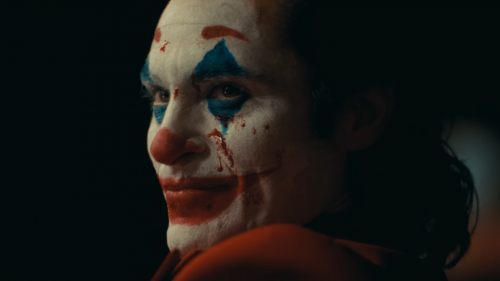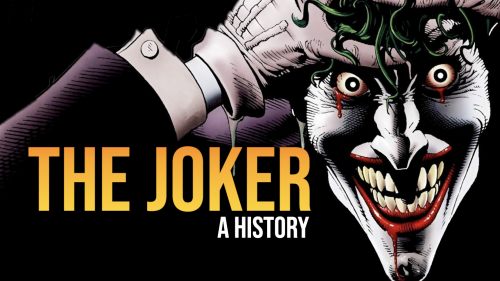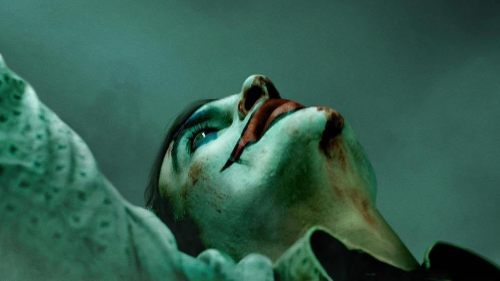Patton Oswalt’s Theory About The Joker Is Wild AF
We're a few months away from the 10th anniversary of Christopher Nolan's landmark piece of comic book cinema, The Dark Knight, which is a very polite way of warning you that the Anniversary Think Piece Machine is about to fire up in the loudest way imaginable.
Yet before that onslaught begins, Patton Oswalt decided to beat them all to the punch by taking to his Facebook page and outlining a rather detailed analysis of Heath Ledger's iconic take on The Joker, including the character's possible background in military interrogation:
"He seems to be very good at the kind of mind-fuckery that sustained, professional interrogation requires. The way he adjusts his personality and methods depending on who he’s talking to, and knowing EXACTLY the reaction he’ll get: mocking Gamble’s manhood; invoking terror to Brian, the 'false' Batman; teasing the policeman’s sense of loyalty to his fallen, fellow cops; digging into Gordon’s isolation; appealing to Harvey Dent’s hunger for ‘fairness.'”
Oswalt continues on, zeroing in on one of the very best scenes from The Dark Knight - the one on one, Michael Mann-style verbal sparring in Gotham's Police HQ:
“He even conducts a ‘reverse interrogation’ with Batman when he’s in the box at the police station — wanting to see how ‘far’ Batman will go, trying to make him break his ‘one rule. He constantly changes his backstory (and thus who he is). To Gamble and his henchmen, he’s an abused child (figuring that they were also the products of abuse and neglect). To Rachel, he’s a man mourning a tragic love — something she’s also wrestling with.”
The comedian even highlights the final exchange Batman and his nemesis share together, and how this brief "farewell" informs his theory:
"Even the language he uses when saying goodbye to Batman — describing their relationship as an ‘irresistible force meeting an immovable object’ — is the kind of thing an interrogator would say, ruefully, about a fruitless session.”
Part of the beauty of Ledger's performance - not to mention the way Christopher and Jonathan Nolan write the character - is that his Joker's a void; a black hole that we can gaze into and write our own history with regards to what we see. Patton's theory perfectly plays into this notion, as he takes the information we're given and reconfigures it into a backstory that's never truly outlined, but could be there, given the viewer has knowledge of these specific militaristic trades.
So, what do y'all think? Does Oswalt's theory hold water with you? Do you have your own elaborate take on the Joker you'd like to share? Sound off in the comments below.



